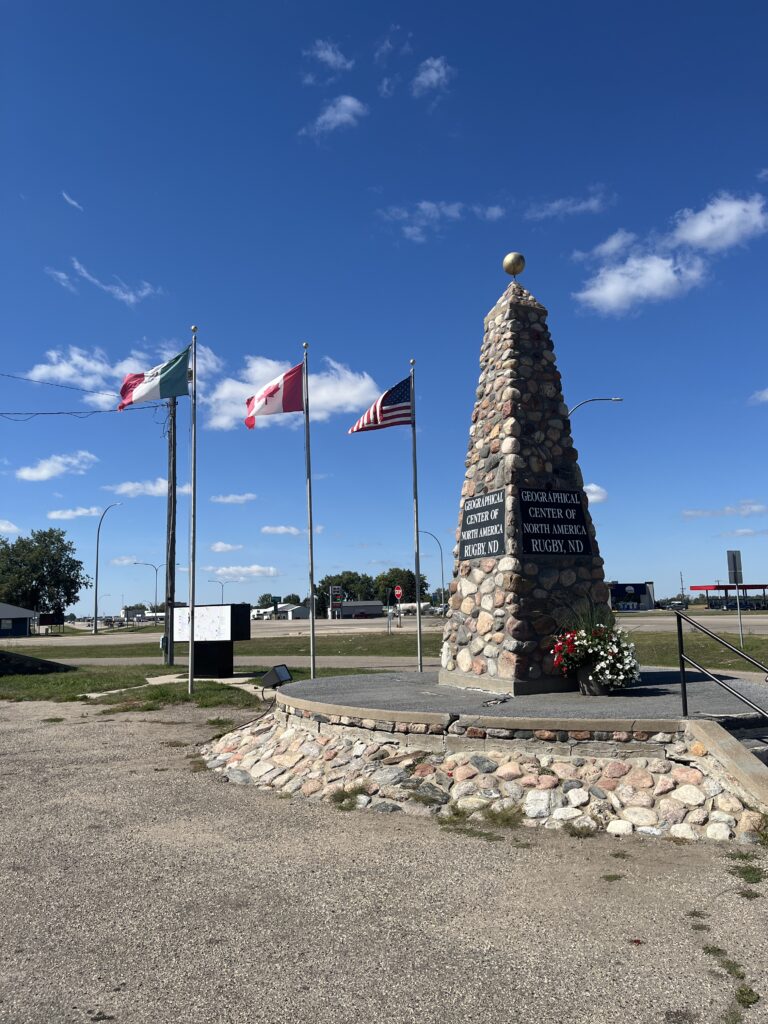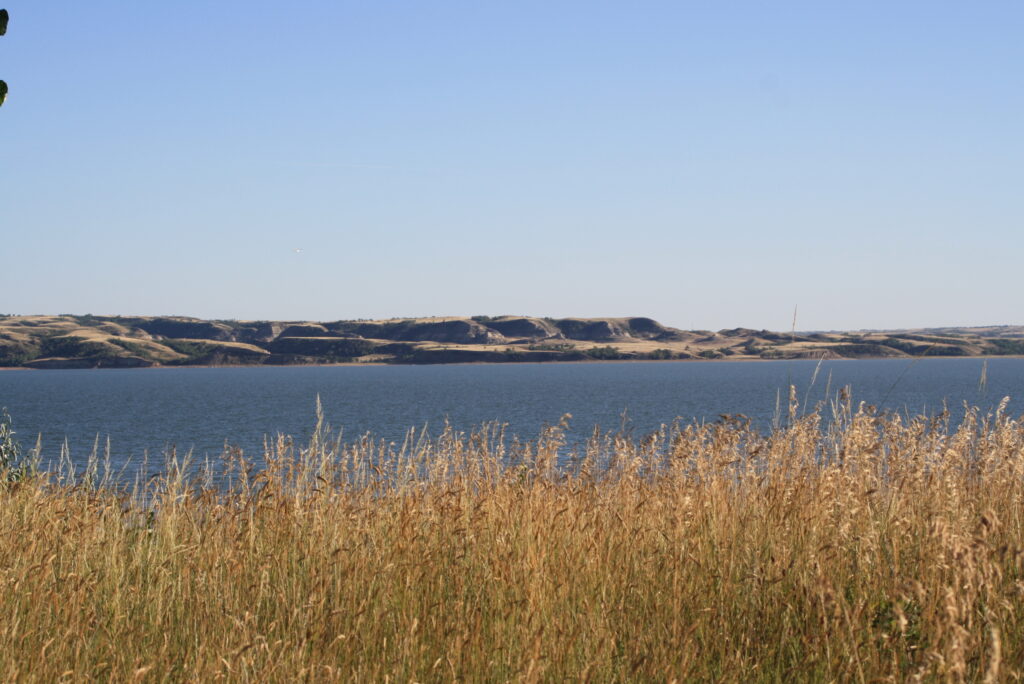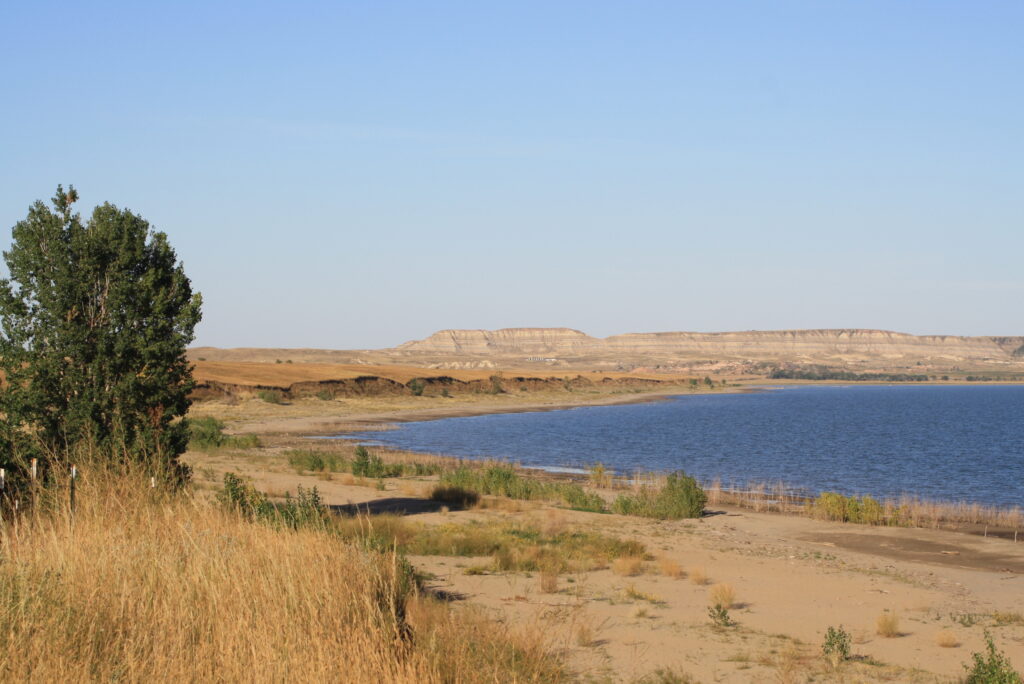I remember what you told me
Before you went out on your own
Sometimes to keep it together
You got to leave it alone
– Glenn Fry / Don Henley
I don’t know if Elizabeth Kubler-Ross ever studied the stages of travel, but one of the early stages has got to be “what the hell am I doing?” There’s a very real way in which traveling doesn’t make sense. A business trip is different, given that you have work to do. Tourism may also be different, with its imperative to see the thing at the place and maybe grab a selfie while you are there. But traveling, especially by car or by train or by boat, has the potential to leave one wondering what they were thinking when they decided to set out in the first place.
I wonder if Merriweather Lewis didn’t look over at William Clark and some point and say, “what the fuck are we doing out here?” They were, of course, on a kind of a business trip, but they were also going out to a place simply because they had not been there before. In fact, nobody they knew had been out there before. How many of the people you know have actually been to North Dakota, for instance? Well, now you know at least one.

I don’t know what I expected to find there, other than perhaps the setting of a Cohen Brothers movie. I did find the geographical center of North America, which I thought was a significant feature in a novel that I had hoped to like more than I actually did. Turns out that that feature was the geographical center of the continental United States, which is down in Kansas and not actually where the monument says it is. The same sense of dislocation had now so thoroughly invested itself in me that I began to wonder what would happen if I were to disappear into this landscape. Who would know where to begin to look? It seemed prudent to post regularly on Instagram, if for no other reason than to produce some kind of timeline for my whereabouts.
But there also seems to be a point, and this may be one of the Kubler-Ross stages, when I’m feeling so completely lost that I’m actually right on the verge of being found. It is tricky to hold an awareness of a dynamic like this in balance with being present to what is actually happening. I knew, or at least hoped, that I would move from a place of anger and resentment toward Abigail into a place of grace and forgiveness. I also knew that I could not force that shift to happen. I had to let it happen by feeling what I was feeling while I felt it. Sort of like staying present to the narrative of a particular day in Holy Week when you know that the story of Jesus’ betrayal and crucifixion leads inevitably to the resurrection1.
I knew that Google maps was leading me to the campground in which I had made a reservation for the evening. (That campground was called “Little Egypt” which made me wonder about all the little Egypts that the Israelites must have visited on their perambulation in the wilderness. All the places they thought they were probably lost when they were actually on the verge of being found.) Even though I knew, or thought I knew, where this journey would end up, it was somewhat disconcerting to be led down gravel roads, past fields populated with nothing but oil wells. Were it not for a significant bend at the last minute, my path would have ended in an artfully patinaed farm gate.

Instead, it ended at the Missouri River. Technically speaking, it ended at Lake Sakakawea. The lake was created in the middle of the 20th century when the Corps of Engineers damned the Missouri River to create the third largest lake, by volume, in the United States. They named it for the Shoshone-Hidatsa woman who accompanied the Lewis and Clark expedition. It’s conceivable (if not actually historical) that Merri and Bill would have been completely lost had they not been found by Sakakawea.

The landscape in which they found themselves may have been as novel to them as it was to me. I had only read of the undulating hills in this part of the Great Plains, so it see them was a bit of a revelation. Every landscape is beautiful for reasons belonging only to it. The subtle majesty of the Great Plains contains within it an invitation to get lost, to let go, not only of one’s sense of cartographic locations but also of whatever has pinned us to the psychic and spiritual maps which, however inadequate they may be, are at least the maps that we know.
- Just to clarify, I’m identifying with the disciples here. I am all too fully aware that I am not Jesus. ↩︎